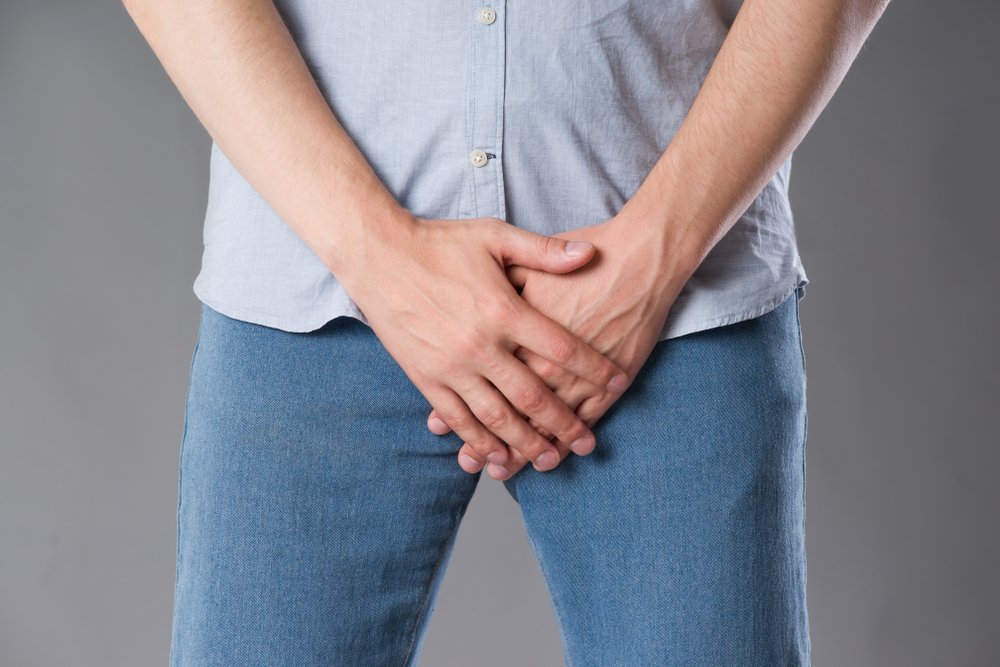Frequent urination can be a disruptive and sometimes concerning issue for men. While it’s normal to have occasional changes in urination patterns due to factors like hydration or physical activity, frequent urges can sometimes signal underlying health issues. In this blog, we’ll explore some common causes of frequent urination in men, along with symptoms, potential treatments, and when it’s essential to seek medical advice.
What is Frequent Urination?
Frequent urination involves feeling the need to urinate more often than usual. This condition can interfere with daily life and sleep, affecting quality of life and overall well-being. Although everyone’s definition of “frequent” can vary, urinating more than 8 times in a 24-hour period might be considered excessive.
Common Causes of Frequent Urination in Men
- Urinary Tract Infections (UTIs) Although more common in women, UTIs can also affect men, especially as they age. UTIs are caused by bacteria entering the urinary tract, leading to inflammation. Symptoms include:
- Burning sensation while urinating
- Cloudy or strong-smelling urine
- Lower abdominal discomfort
- Prostate Issues
- Benign Prostatic Hyperplasia (BPH): This is the non-cancerous enlargement of the prostate gland, a common condition in older men. As the prostate grows, it can press on the urethra, causing urinary frequency, weak urine flow, and difficulty emptying the bladder.
- Prostatitis: Inflammation of the prostate, which can be caused by infection or other factors, often leads to frequent urination, along with pain in the pelvic area and painful urination.
- Diabetes Frequent urination is one of the early signs of both type 1 and type 2 diabetes. High blood sugar levels increase the amount of urine the kidneys produce. Other symptoms of diabetes include increased thirst, fatigue, blurred vision, and unexpected weight loss.
- Overactive Bladder (OAB) OAB is characterized by a sudden, uncontrollable urge to urinate, often resulting in frequent bathroom trips. This condition may be due to an overly sensitive bladder muscle. While the exact cause of OAB isn’t always clear, it’s more common as men age and may be influenced by neurological conditions, lifestyle, or physical health factors.
- Medications and Diuretics Certain medications can lead to frequent urination, especially diuretics (water pills) used to treat high blood pressure or fluid retention. These medications work by increasing urine production, so discussing potential side effects with a healthcare provider can be beneficial if you’re experiencing excessive urination.
- Kidney Stones or Bladder Stones Stones in the urinary system can irritate the bladder or obstruct the urinary tract, leading to frequent urination, pain, and sometimes blood in the urine. Treatment varies, from increasing water intake to help pass small stones to more invasive procedures for larger ones.
- Neurological Conditions Conditions such as Parkinson’s disease, multiple sclerosis, and spinal cord injuries can impact bladder function, leading to issues like frequent urination. Nerve damage can disrupt communication between the brain and bladder, making it difficult to control urinary frequency.
- Stress and Anxiety Psychological factors such as stress and anxiety can cause urinary frequency in some men. The “fight or flight” response can impact bladder function, leading to a more frequent urge to urinate. Reducing stress through relaxation techniques, exercise, or counseling can help manage this type of frequent urination.
When to Seek Medical Advice
Frequent urination is a symptom that shouldn’t be ignored, especially if accompanied by:
- Pain or burning during urination
- Blood in the urine
- Fever or chills
- Difficulty urinating or a weak stream
- Unexplained weight loss or increased thirst
These symptoms could indicate a more serious health issue, and a healthcare provider can help determine the cause and appropriate treatment.
Diagnosis and Treatment
To diagnose the cause of frequent urination, a healthcare provider may conduct:
- A physical exam and medical history review
- Urinalysis to detect infections or abnormalities
- Blood tests to check for diabetes or kidney function
- Imaging tests, such as ultrasound, to assess the bladder and prostate
Treatment options will depend on the underlying cause, ranging from lifestyle changes to medications or surgical intervention. Some general recommendations include:
- Lifestyle Adjustments: Limiting caffeine and alcohol, which can irritate the bladder, and monitoring fluid intake.
- Bladder Training: Techniques like pelvic floor exercises and timed voiding can improve bladder control over time.
- Medications: For certain conditions like BPH or OAB, medications may help reduce symptoms.
Lifestyle Tips for Managing Frequent Urination
- Practice Pelvic Floor Exercises: Strengthening the pelvic floor muscles can help improve bladder control.
- Maintain a Healthy Weight: Excess weight can put pressure on the bladder, so regular exercise and a balanced diet are beneficial.
- Limit Bladder Irritants: Reducing intake of caffeine, alcohol, and acidic foods may help reduce the urge to urinate.
- Stay Hydrated: While limiting excessive fluids is helpful, it’s also important to stay hydrated to prevent infections and maintain kidney health.
Conclusion
Frequent urination can stem from various causes, ranging from lifestyle factors to underlying health conditions. While some cases may be managed with simple lifestyle adjustments, others require medical attention. If you’re experiencing persistent urinary frequency, consulting a healthcare provider can help identify the cause and offer appropriate treatment options. Addressing the issue early can improve quality of life and may prevent potential complications.

